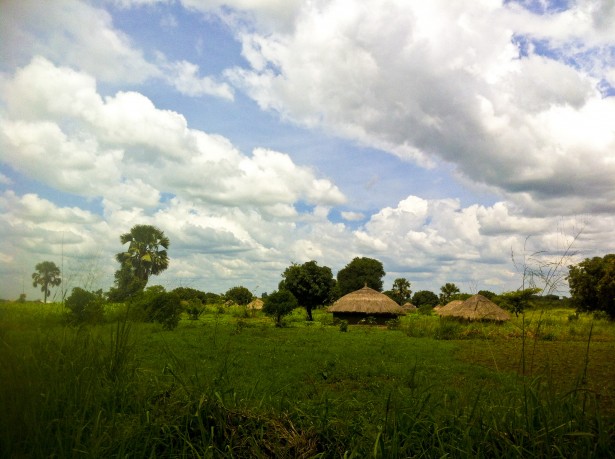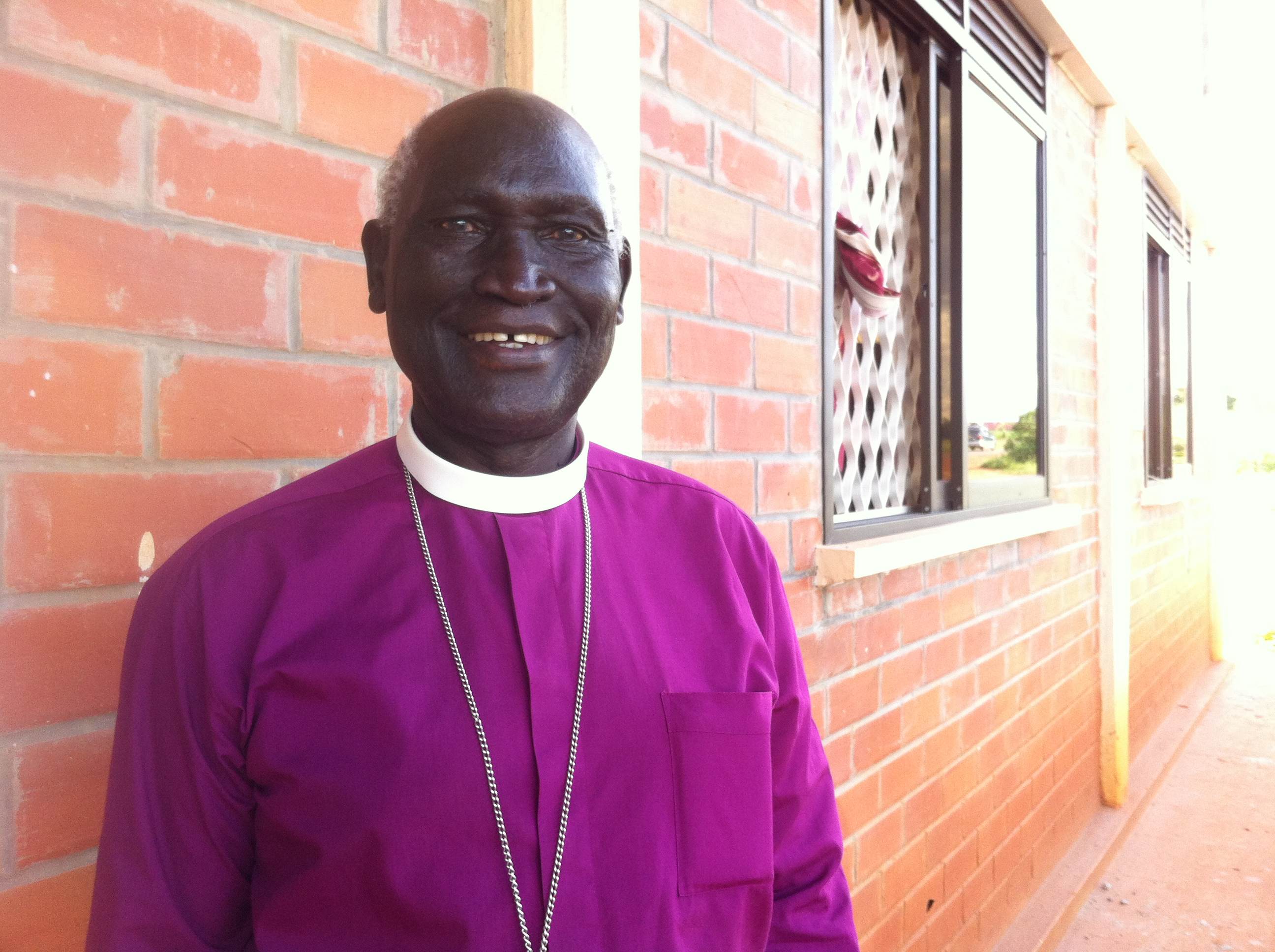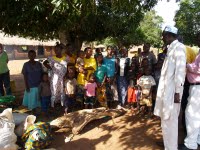 This International Day of Peace, two members of the Acholi Religious Leaders Peace Initiative (ARLPI) shared their insights on peace in northern Uganda. Acknowledging the tragedy of the Lord’s Resistance Army conflict, they are hopeful that reconciliation and an eventual end to the violence will bring healing to the communities that have suffered and are still suffering from the conflict.
This International Day of Peace, two members of the Acholi Religious Leaders Peace Initiative (ARLPI) shared their insights on peace in northern Uganda. Acknowledging the tragedy of the Lord’s Resistance Army conflict, they are hopeful that reconciliation and an eventual end to the violence will bring healing to the communities that have suffered and are still suffering from the conflict.
Bishop Ochola II
Bishop Ochola II was a founding member of the ARLPI, and lost both his wife and daughter to the conflict in northern Uganda. He has been an advocate for forgiveness and reconciliation to bring closure, including the traditional Acholi practice of “Mato Oput.” While the LRA left Uganda in 2006 and have continued operating in areas of DR Congo, Central African Republic and South Sudan, the communities in Uganda are still marked by the years of violence.
“People still have fear because LRA is still at large. Meaning that LRA has the potential to run back to Uganda,” Bishop Ochola II said. “They are still, you know having that bitterness in their hearts, in their lives. So we can not say, ‘now, since LRA has gone away therefore there is peace.’ No, our people don’t understand peace in that sense. Peace is not just the silence of the gun, but peace in our heart that we are now free.”
Bishop Ochola says that genuine public accountability of perpetrators is the only way to bring forgiveness to the hearts of the victims. He believes in the power of truth-telling.
“We only forgive when someone confesses, accepts full responsibility. You know when you say something like that, it brings a complete transformation. A complete change or transformation in the situation of violence and death. And that is what we call real justice. When somebody has accepted responsibility.”
Bishop Ochola also spoke of sensitizing communities to the plight of child soldiers, encouraging communities to forgive them for any crimes they committed when forced into the LRA.
“These are children whose humanity has been destroyed. They must not be punished twice. Let us take them as victims of circumstances and treat them as that.”
Encouraging communities to welcome back the formerly abducted is a timely topic, as only last week a man who was abducted in 1998 when he was 10 years old returned to Uganda after escaping from the LRA.
Sheik Musa Khalil
“The conflict affected very much the lives of the community in northern Uganda,” said Khadi. “The war caused a lot of suffering, many lives lost, properties destroyed, people maimed. The war destroyed many roads, water points, and affected people who were vulnerable. Many children were abducted…we don’t know how many are still in captivity to date. You see the scar of the war.”
Even so, Gulu currently has returned to a state of relative peace.
“We as the religious leaders and the cultural leaders called for dialogue, and it was the right course. Because today people can move from different directions even by night. In the past it wasn’t easy. Nowadays you can travel as you like. People are enjoying the little peace that we have.”
He hasn’t forgotten the communities in central Africa that continue to suffer at the hands of the LRA.
“Those are the voices that we hear. So though we enjoy peace we are still haunted as leaders. Because what is happening on the other side…I feel as if it is similarly what happened to us here.”
In the absence of the conflict, Khadi said that there are still concerns over the lingering psychosocial problems and land disputes. But he believes the key to overcoming conflict is dialogue and persistent education in peace studies.
“My dream for the future of northern Uganda, I think, we shall never never again accept to go back to war,” he said. “Because we learned a lesson. We must promote dialogue as much as possible, we must teach peace right from nursery. And I feel northern Uganda could be an example for other parts of the world that are still experiencing war.”
“I appreciate international Peace day, because these are the kinds of events we want in northern Uganda. Because our people must always be reminded about peace.”

Think people should hear about this?